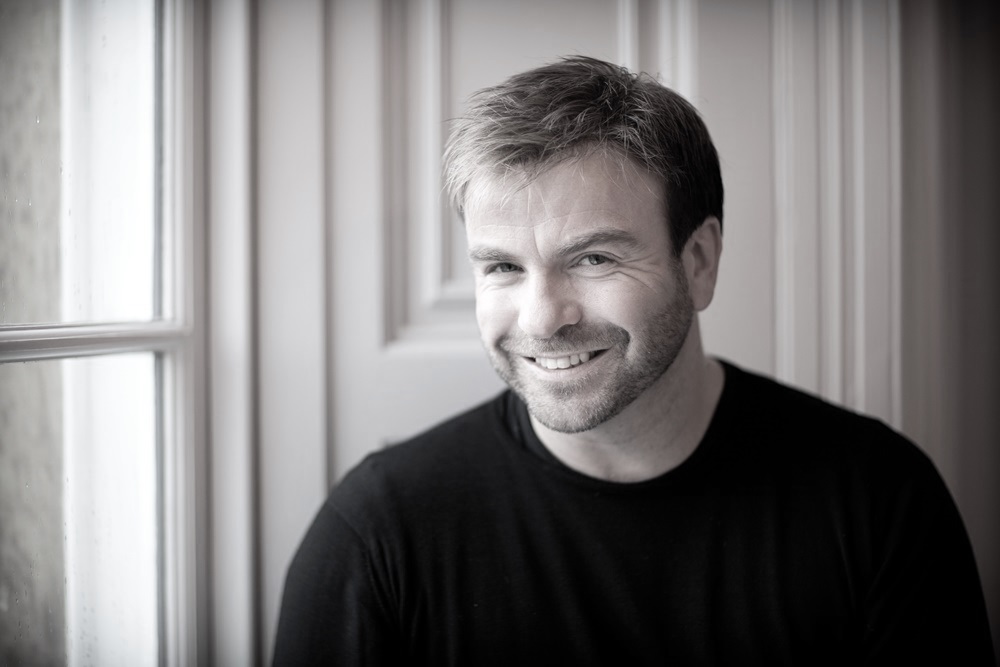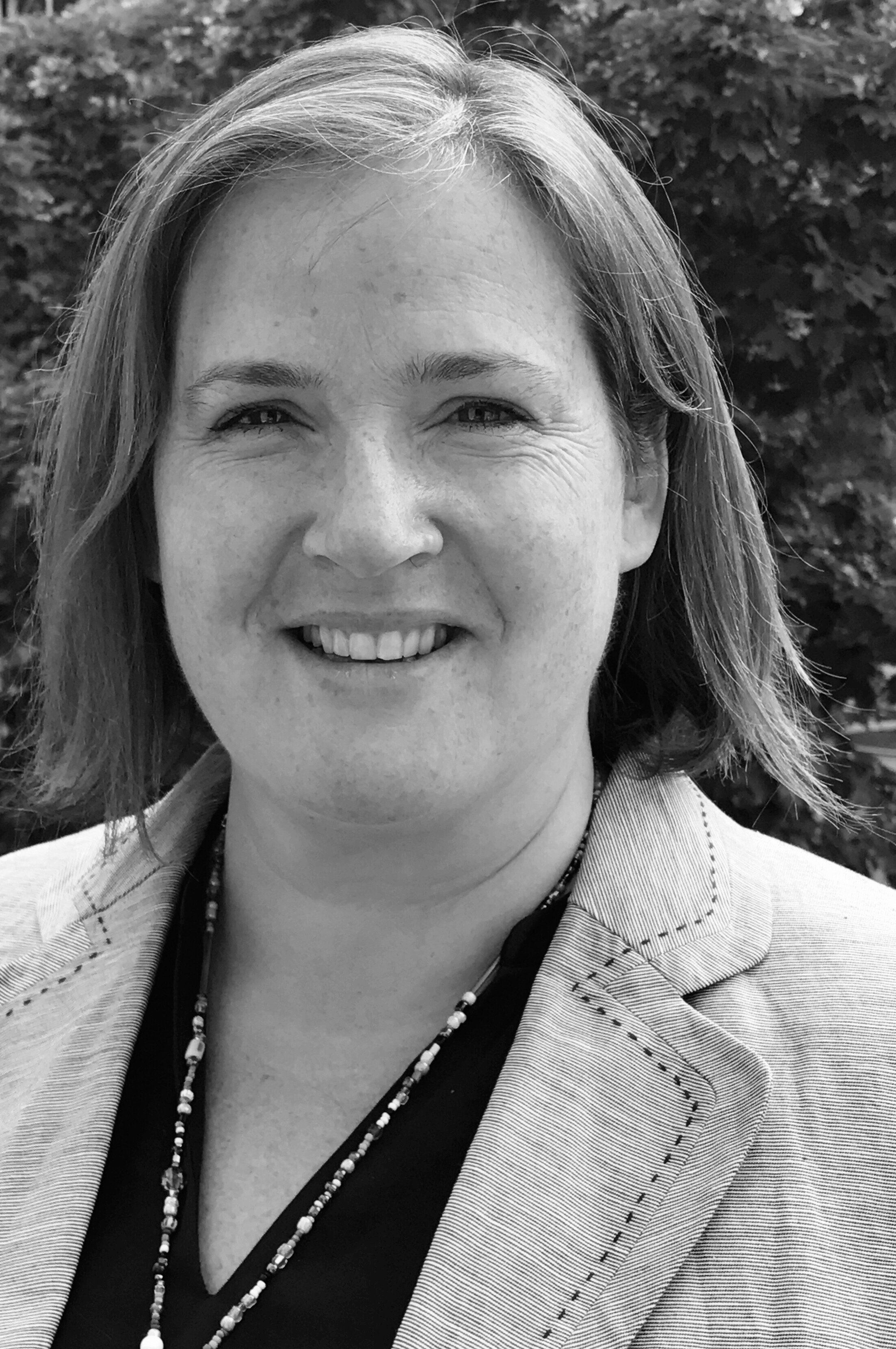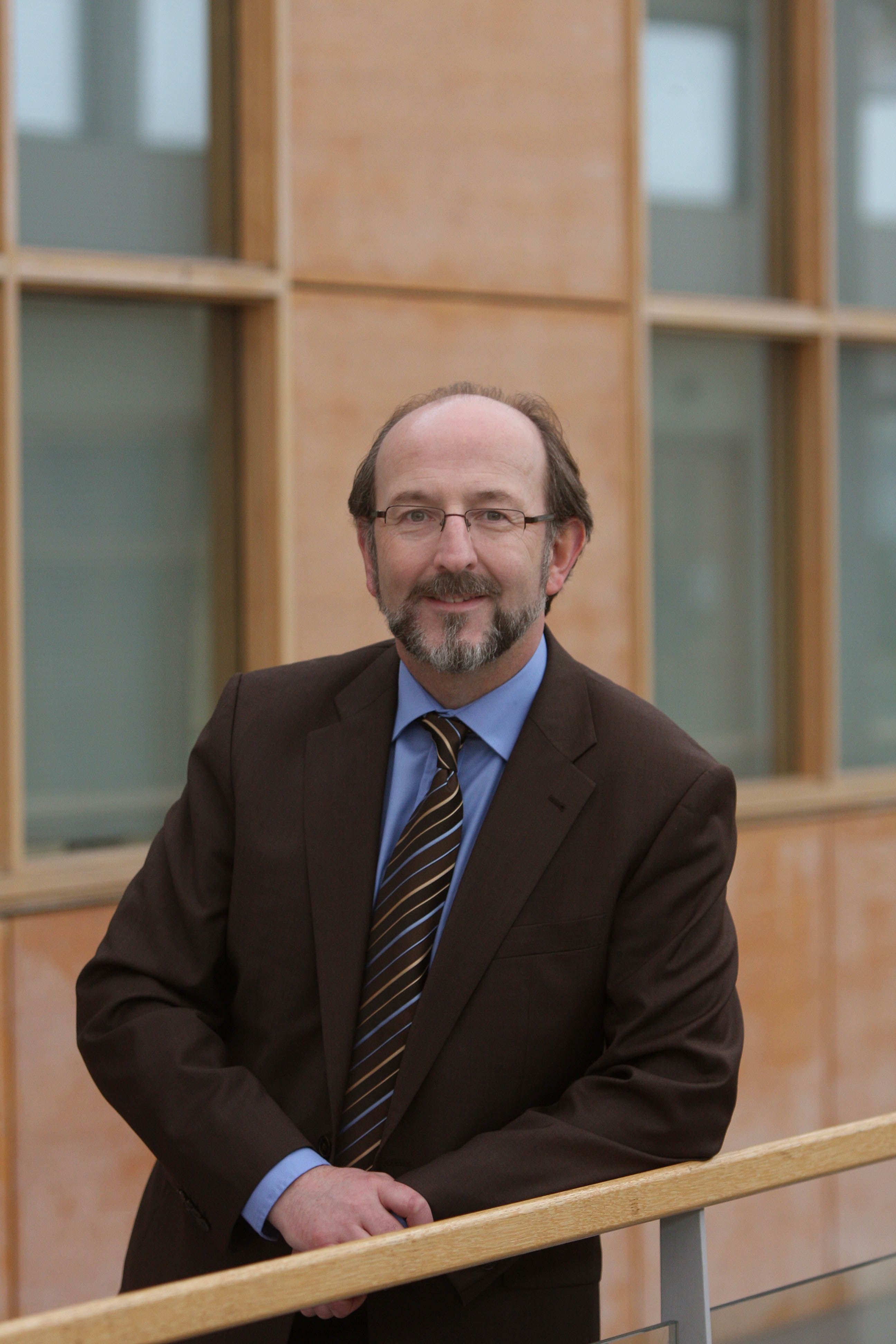Dr Mick Jackson
Founder and CEO, Wildhearts Group
 Mick Jackson is a serial entrepreneur, author and Ex Chart topping rock singer. He is also the founder of the WildHearts Group, a global B2B Social Business which is committed to launching companies that fight social and economic injustice. WildHearts is pioneering ‘Compassionate Entrepreneurial’ education in the ‘West’ through its multi-award winning training programme Micro-Tyco and funds micro- loans for poor entrepreneurs in 40 countries across five continents. Mick’s work has been recognised globally; he has received numerous honorary doctorates, was EY Entrepreneur of the Year in 2016 and was voted Top Scot by the UK public (an honour he shares with JK Rowling and Sir Chris Hoy). In 2015 WildHearts was voted Social Enterprise UK’s Social Business of the Year and to date Mick is the only European to receive the highly prestigious Babson Social Innovation Award from the world’s top school in entrepreneurship. To date, WildHearts have transformed over 150,000 lives globally and invested over £4,000,000. WildHearts goal is to transform one million lives by 2020 through ‘Compassionate Entrepreneurship’.
Mick Jackson is a serial entrepreneur, author and Ex Chart topping rock singer. He is also the founder of the WildHearts Group, a global B2B Social Business which is committed to launching companies that fight social and economic injustice. WildHearts is pioneering ‘Compassionate Entrepreneurial’ education in the ‘West’ through its multi-award winning training programme Micro-Tyco and funds micro- loans for poor entrepreneurs in 40 countries across five continents. Mick’s work has been recognised globally; he has received numerous honorary doctorates, was EY Entrepreneur of the Year in 2016 and was voted Top Scot by the UK public (an honour he shares with JK Rowling and Sir Chris Hoy). In 2015 WildHearts was voted Social Enterprise UK’s Social Business of the Year and to date Mick is the only European to receive the highly prestigious Babson Social Innovation Award from the world’s top school in entrepreneurship. To date, WildHearts have transformed over 150,000 lives globally and invested over £4,000,000. WildHearts goal is to transform one million lives by 2020 through ‘Compassionate Entrepreneurship’.
Twitter: @mickwildhearts
IEEC session summary
Compassionate Entrepreneurship: Levelling the Playing Field
Micro-Tyco is a ground breaking enterprise education programme with ‘Purpose’ at its core. It produces inspired, entrepreneurial thinkers who can execute their ideas in a team, within a competitive environment and who care about their impact on their local and global community. Since 2010, through word of mouth and peer to peer endorsement alone, over 40,000 people across 21 countries have taken part; from school kids in Kabul to apprentices in London and lawyers in Manhattan- we have yet to find an environment where the ‘Micro-Tyco Magic’ does not work. Micro-Tyco levels the playing field, inspiring commercial talent in us all, whilst enabling us to express our deepest human impulse; compassion. It champions economic justice through business excellence – something that the future leaders in our schools, universities and companies intuitively understand. Over the course of the session, Mick Jackson will take you on an inspiring entrepreneurial journey that will introduce you to the ‘Micro-Tyco Method’ and why it is being used in the school and university space to connect young people to companies such as Deloitte, Barclays and Interserve.
Professor Brian MacCraith FInstP MRIA
President, Dublin City University
Professor MacCraith holds a Personal Chair in Physics at DCU. He was founding Director of both the National Centre for Sensor Research (NCSR) and the Biomedical Diagnostics Institute (BDI) at DCU. He is a member of the Royal Irish Academy and a Fellow of the Institute of Physics. He was appointed President of DCU in July 2010 and will hold this position for 10 years. As President, he has advanced DCU’s mission as a research-intensive, globally-engaged University of Enterprise that emphasises innovation in teaching, learning and research.
During his time as President, DCU has been ranked among the world’s leading young universities and is included both in the QS Top 50 under 50 and the THE 100 under 50.
Professor MacCraith has a strong commitment to student entrepreneurship (both social and commercial) and recently Chaired the National Review of STEM Education in Ireland for the Irish Government.
Twitter: @DublinCityUni
IEEC session summary
Embedding a culture of innovation and entrepreneurship in the learning experience of students
Universities that are responsive to the dynamic environment of the world of enterprise are focussing more and more on providing a framework of opportunities to students in the areas of entrepreneurship and innovation. Of course, not every student will turn out to be an entrepreneur but, increasingly, every student, and ultimately every graduate, is expected to be an innovator, a problem-solver. The most effective means of enabling and encouraging students to explore, discover, and develop these aspects of themselves is through experiential learning and through the creation of a culture that recognises the value of such activities. In this session, I share the experiences of Dublin City University, Ireland’s University of Enterprise, in pursuing these approaches and outline our future plans based on our learning experiences to date.
Elin McCallum
Founder and Director of Bantani Education asbl
 Originally a youth worker, Elin has worked in entrepreneurship education for the past 14 years. She spent eight years with Welsh Government, supporting vocational and higher education to implement and innovate entrepreneurship education strategies. From this, she was seconded to lead entrepreneurship education policy with the European Commission, identifying new policy direction at EU level and working with networks of Member States to develop policy guidance and initiatives. In 2015, she left policy to work outside government and has now set up Bantani Education, a non-profit driving forward entrepreneurial learning. Working in Europe and beyond, Bantani coordinates EU networks on behalf of the Commission, supports the development of policy tools such as EntreComp and works with governments, NGOs, business and education to develop exciting project ideas and collaborations. Bantani is particularly interested in the intersection of entrepreneurial skills with active citizenship and social innovation, working on a number of new initiatives to demonstrate the diversity and relevance of entrepreneurial learning across these themes. She has co-authored EU policy guidance, was one of the authors of the 2016 Eurydice study on Entrepreneurship Education at School in Europe, and is supporting the upcoming Eurydice study on Citizenship Education in Europe.
Originally a youth worker, Elin has worked in entrepreneurship education for the past 14 years. She spent eight years with Welsh Government, supporting vocational and higher education to implement and innovate entrepreneurship education strategies. From this, she was seconded to lead entrepreneurship education policy with the European Commission, identifying new policy direction at EU level and working with networks of Member States to develop policy guidance and initiatives. In 2015, she left policy to work outside government and has now set up Bantani Education, a non-profit driving forward entrepreneurial learning. Working in Europe and beyond, Bantani coordinates EU networks on behalf of the Commission, supports the development of policy tools such as EntreComp and works with governments, NGOs, business and education to develop exciting project ideas and collaborations. Bantani is particularly interested in the intersection of entrepreneurial skills with active citizenship and social innovation, working on a number of new initiatives to demonstrate the diversity and relevance of entrepreneurial learning across these themes. She has co-authored EU policy guidance, was one of the authors of the 2016 Eurydice study on Entrepreneurship Education at School in Europe, and is supporting the upcoming Eurydice study on Citizenship Education in Europe.
Twitter: @elinmccallum @bantaniedu
IEEC session summary
Europe: Becoming Entrepreneurial.
Is entrepreneurship education at a tipping point in European policy? Where are we now? What does the final destination look like? How do we know if we have got there? Why should I consider what is happening at EU level?
The evolution of entrepreneurship education has come a long way since economic priorities and business were the only drivers behind it. But there is still a need to convert hearts and minds to create real impact on this and the next generation of European citizens, and it takes much longer than the lifetime of a policy paper. Across the world, entrepreneurship education faces some of the same challenges to being accepted and being validated as an educational priority in policy and practice, and to have clear progression pathways reaching across all levels of learning from early school years to higher education. Elin will explore the journey of entrepreneurship education at EU level, and make the case for more work to be done to take practice into policy. She will share her views on the challenges still faced, the disconnects, the opportunities out there and identify where practitioners can both contribute and benefit.
Professor Heidi Neck
Jeffry A. Timmons Professor of Entrepreneurial Studies, Babson College
 Heidi Neck Ph.D., is the Jeffry A. Timmons Professor of Entrepreneurial Studies at Babson College. An award-winning educator, Neck has been recognized by the Academy of Management and the United States Association for Small Business and Entrepreneurship (USASBE) for excellence in pedagogy and course design. The Schulze Foundation awarded her “Entrepreneurship Educator of the Year” in 2016 for her work pushing the frontiers of entrepreneurship education in higher education.
Heidi Neck Ph.D., is the Jeffry A. Timmons Professor of Entrepreneurial Studies at Babson College. An award-winning educator, Neck has been recognized by the Academy of Management and the United States Association for Small Business and Entrepreneurship (USASBE) for excellence in pedagogy and course design. The Schulze Foundation awarded her “Entrepreneurship Educator of the Year” in 2016 for her work pushing the frontiers of entrepreneurship education in higher education.
Neck is the lead author of Entrepreneurship: The Practice & Mindset (2017, Sage) – an action-based textbook for students and Teaching Entrepreneurship: A Practice-Based Approach (2014, Elgar) – written to help educators teach entrepreneurship in more experiential and engaging ways.
Neck is the President of USASBE, an academic organization dedicated to the advancement of entrepreneurship education. She is Faculty Director of The Babson Collaborative, a institutional membership organization for colleges and universities seeking to increase their capability and capacity in entrepreneurship education. Neck is also the Faculty Director of Babson’s Symposia for Entrepreneurship Educators (SEE) – programs designed to further develop faculty from around the world in the of art and craft of teaching entrepreneurship and building entrepreneurship programs. Through her leadership she has directly trained over 2,200 educators around the world.
IEEC session summary
Inside MY Entrepreneurship Classroom
Heidi Neck’s open letter to her students
Very little is known about what goes on in the entrepreneurship classroom. Our classrooms have been our very own private places where relationships are developed with students, curriculum design is executed, learning objectives are achieved (or not), and student learning is assessed. But, “the academy” rarely enters our classrooms and critically evaluates what is happening, how it is happening, and to what end. Our traditional scholarship – the research we produce in peer-reviewed journals – is subject to critique and revision. What about our scholarship of teaching? Heidi is opening her classroom to you for critical review. What say you?
